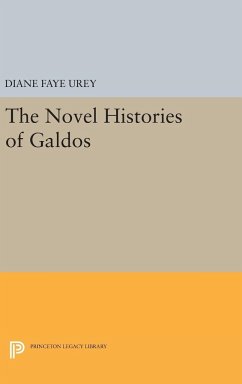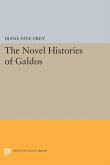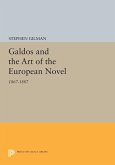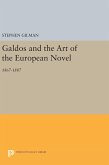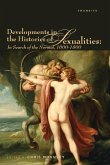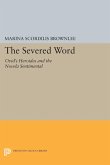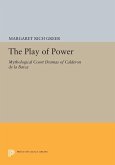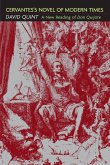Benito Perez Galdos (1843-1920) occupies a position in Spanish literature surpassed only by Cervantes, and, like him, made a major contribution to the European novel that is now becoming widely recognized. In a semiological approach to the second period of Episodios Nacionales, Diane Urey demonstrates the relevance of these twenty-six novels, the least studied of Galdos's works, to fundamental issues such as the relationship between history and fiction, and between mimesis and creation. Her findings of ambiguity, irony, and allegory in this writer's highly self-conscious historical novels will revise our views of Galdos's place in European letters while offering new insights into a general theory of historical fiction. Diane Urey offers an alternative to referential or ideological interpretations of the Episodios by stressing the indeterminate textuality of historical incidents and the fictionality of historical discourse. Drawing on Derrida, De Man, Foucault, and Hayden White, she applies a wide range of narrative theory to these texts and concludes that novel and history are interchangeable modes of discourse because they rely necessarily on the same narrative strategies. Originally published in 1989. The Princeton Legacy Library uses the latest print-on-demand technology to again make available previously out-of-print books from the distinguished backlist of Princeton University Press. These editions preserve the original texts of these important books while presenting them in durable paperback and hardcover editions. The goal of the Princeton Legacy Library is to vastly increase access to the rich scholarly heritage found in the thousands of books published by Princeton University Press since its founding in 1905.
Hinweis: Dieser Artikel kann nur an eine deutsche Lieferadresse ausgeliefert werden.
Hinweis: Dieser Artikel kann nur an eine deutsche Lieferadresse ausgeliefert werden.

